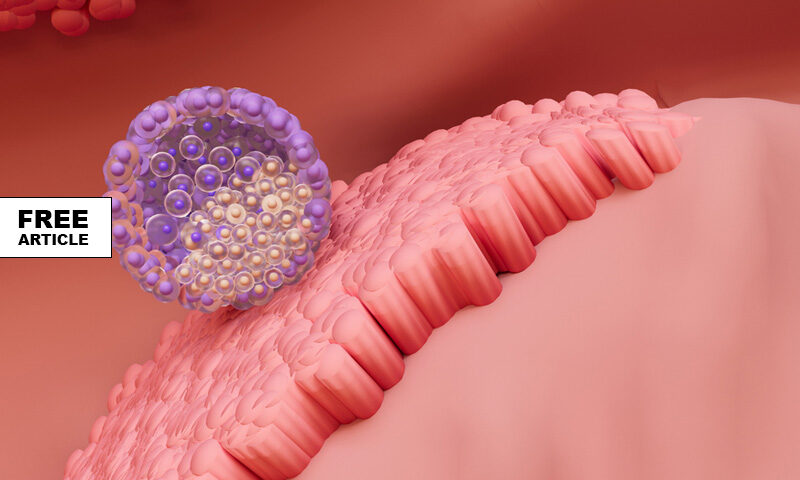Fallopian Tube Abnormalities Are Present In 25% – 35% OF All Infertile Women
Infertility is defined by the American College of Obstetricians and Gynecologists as the inability to become pregnant after 12 months or more of unprotected intercourse for women under 35 and after six months for women over 35.




